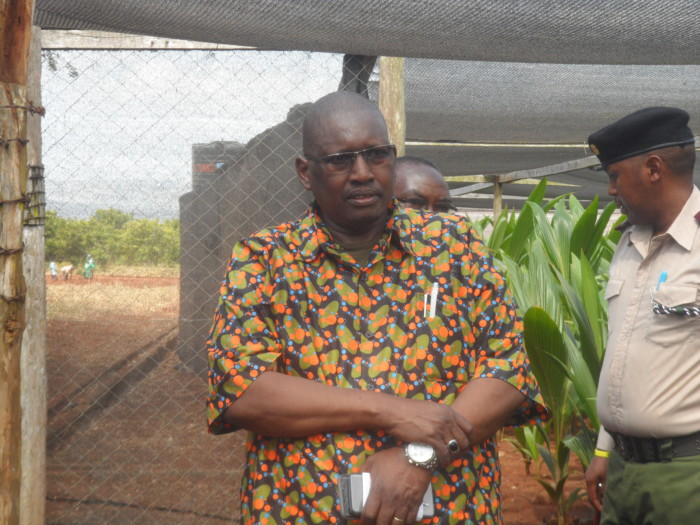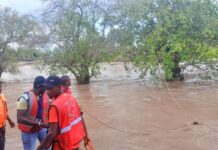
Kwale, KENYA: Coconut farming in the Coast is set to take a new shape following the launch of the first hybrid coconut which will be planted in the region for the first time.
The pilot project which is spearheaded by Kenya Agricultural and Livestock Research Organization (KALRO) seeks to improve and increase the production of coconuts in the Coast.
According to the Director General of KALRO Dr. Eliud Kireger, the project which targets about 21 farmers from three counties namely Kwale, Kilifi and Taita-Taveta will see that farmers reap big from the hybrid coconut which has the potential to produce high yields.
Speaking at Matuga constituency in Kwale county, Kireger said the adoption of the research project will contribute tremendously to the region’s economy as a result of advanced coconut farming.
He said that the target farmers from the three counties will each receive 32 hybrid seedlings which they intend to use as part of the project trial to determine it’s viability.
He noted that the over 2000 hybrid coconut imported from India at a cost of about sh.3000 per seedling is different from the normal coconut in that they mature faster and produce a huge harvest.
“I assure you that the new medium hybrid coconut is simply the best because it takes a short time of about 3 years to grow with its production capacity increased to over 300 seed-nuts per tree every year as compared to the local tall variety which takes many years to grow with a limited production of between 50-100 seed-nuts per tree” said Dr. Eliud.
The Principal Secretary for the Ministry of Agriculture and Livestock Prof. Hamadi Boga through her representative Jane Otado appealed to the county governments to work closely with KALRO towards the realization of the pilot project.
She challenged the national government to focus on setting up coconut industries where farmers can take their produce hence promoting the agriculture sector.
“I think there is a need for the government to construct factories which manufacture coconut products instead of importing them from other countries,” said Otado.












